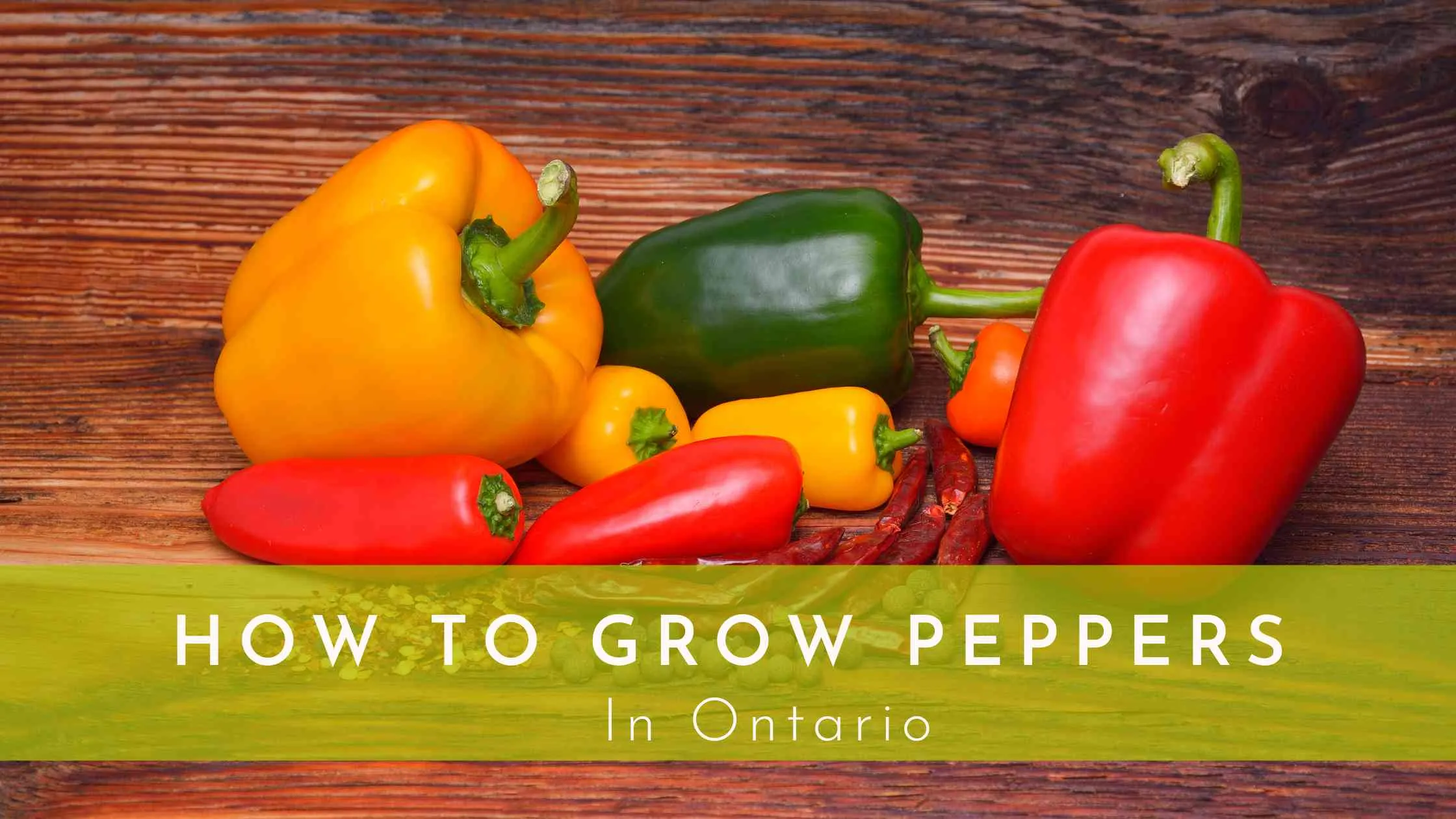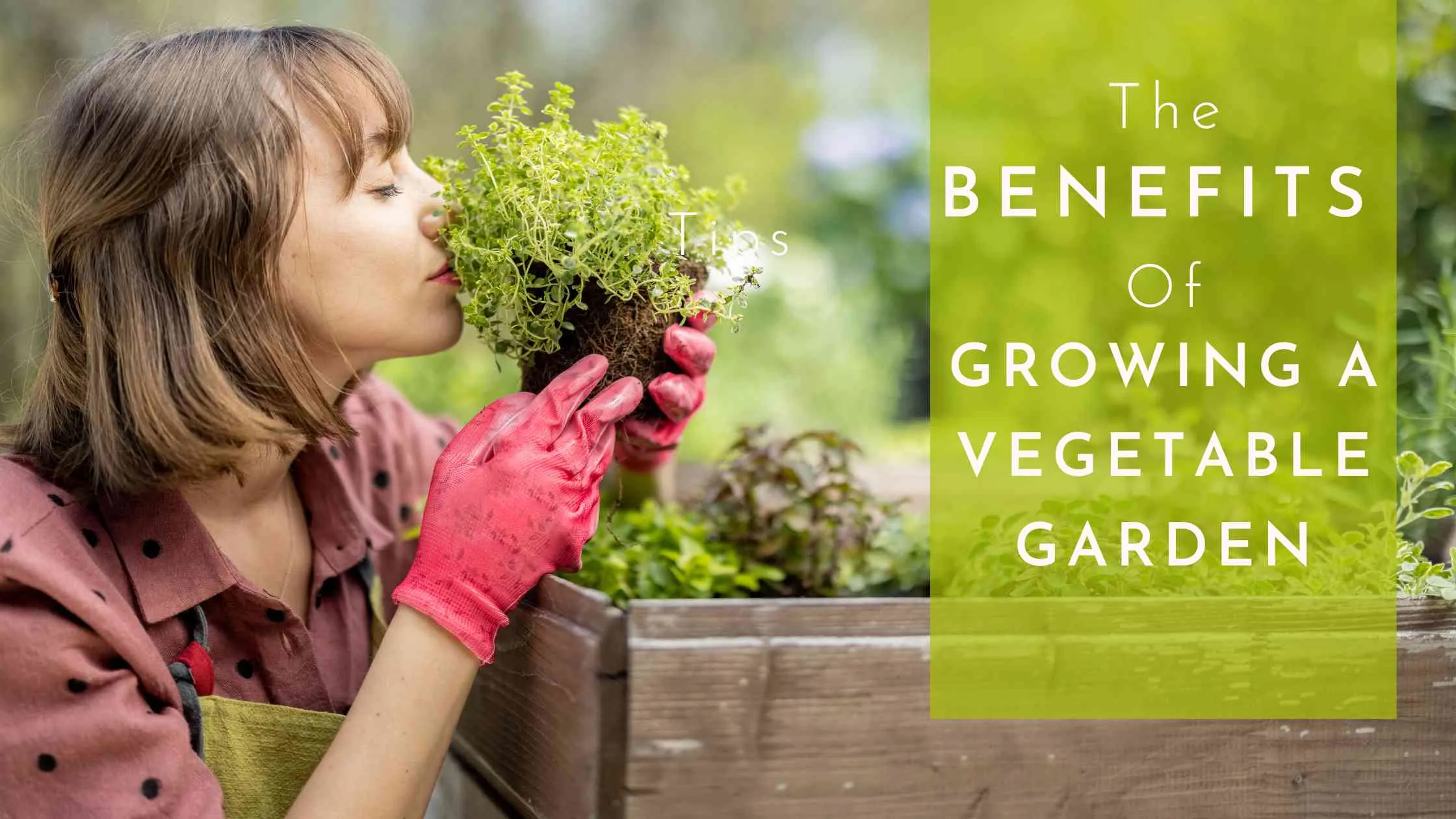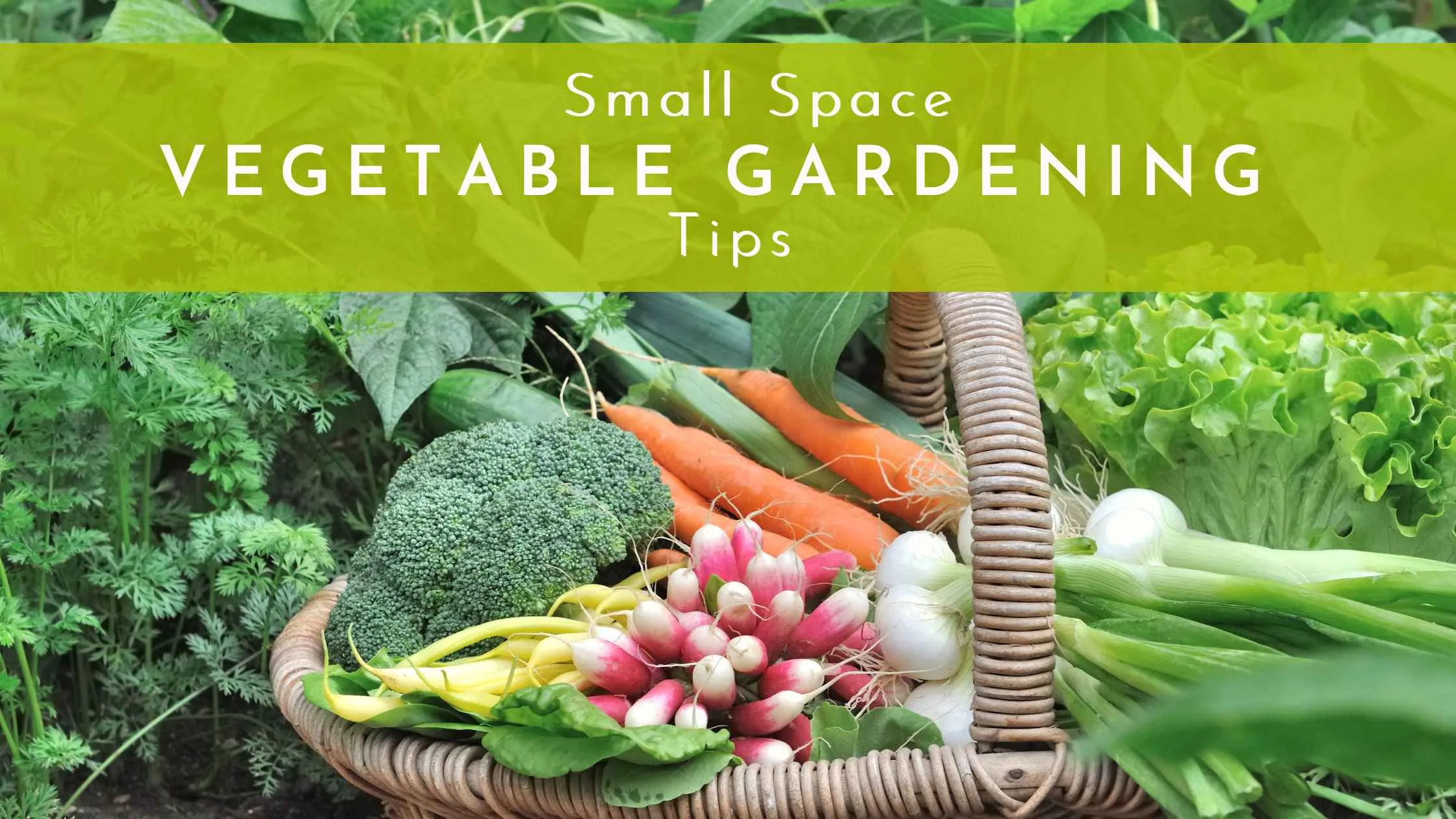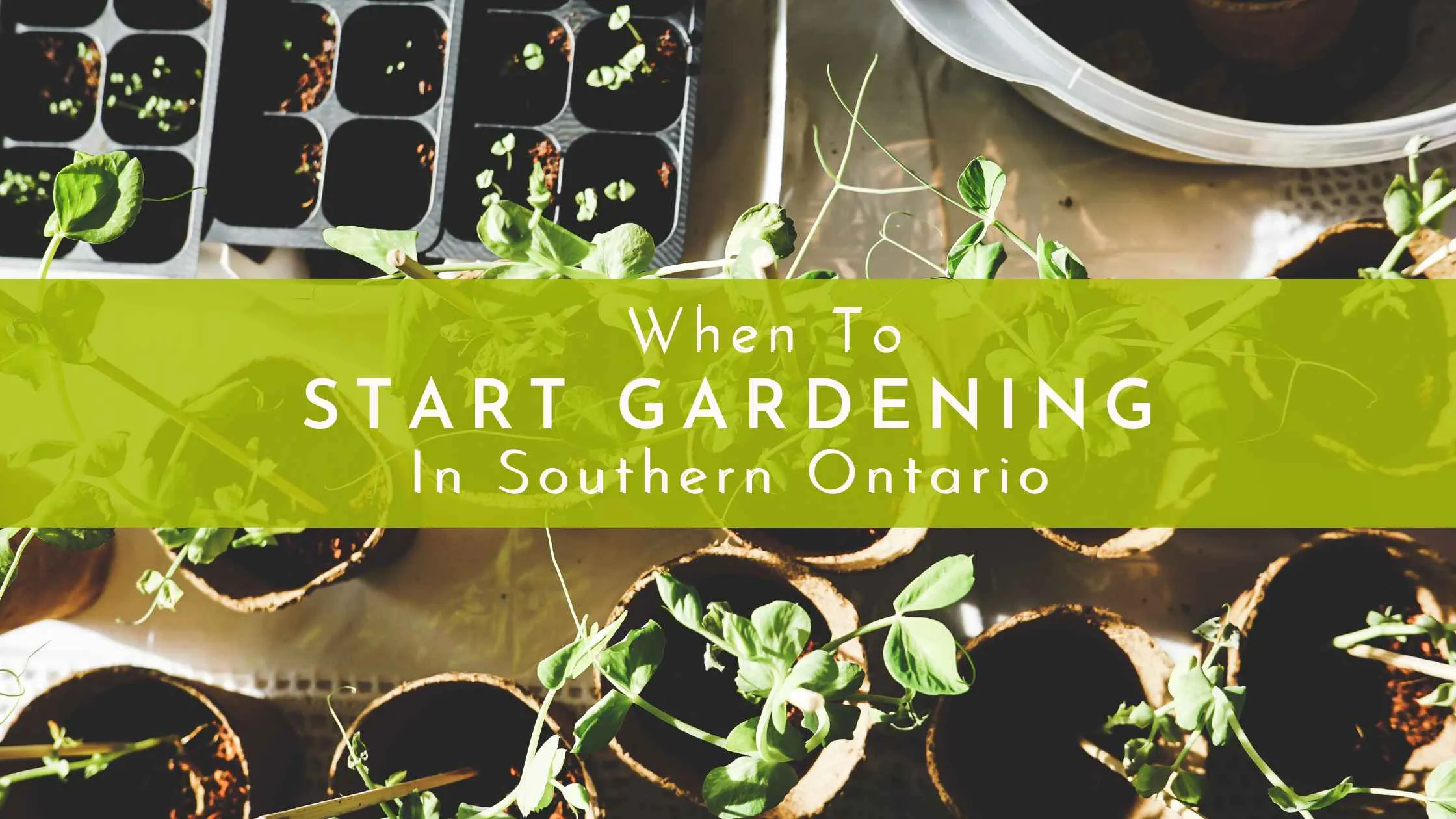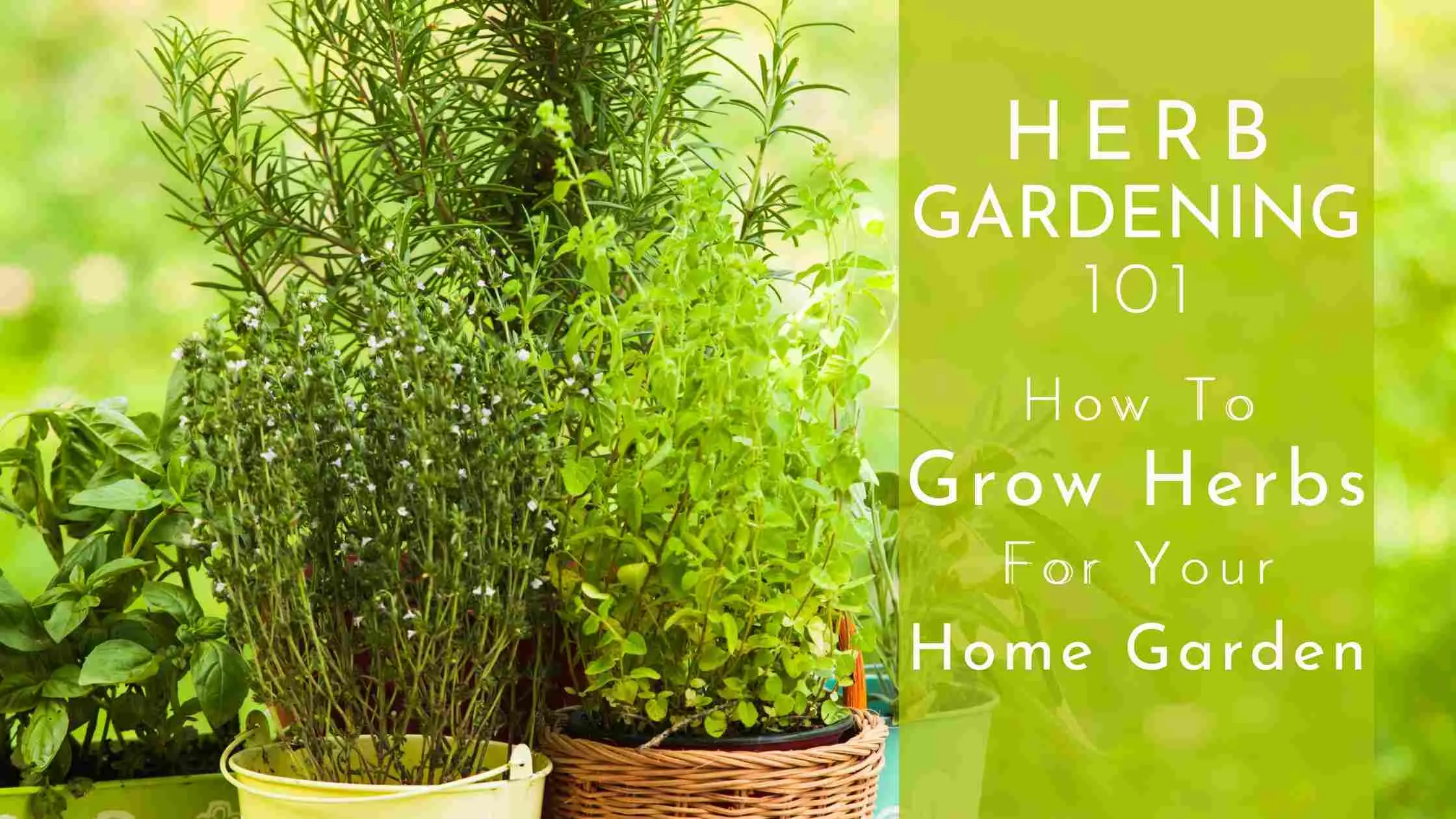Seed Treatments for a Thriving Garden
Gardening in Ontario, with its diverse climate zones, presents a unique set of challenges and opportunities for garden enthusiasts. Whether you're nestled in the bustling city like Toronto, suburbs like Brampton or in the serene Ontario countryside, understanding the nuances of seed treatments can transform your gardening experience.
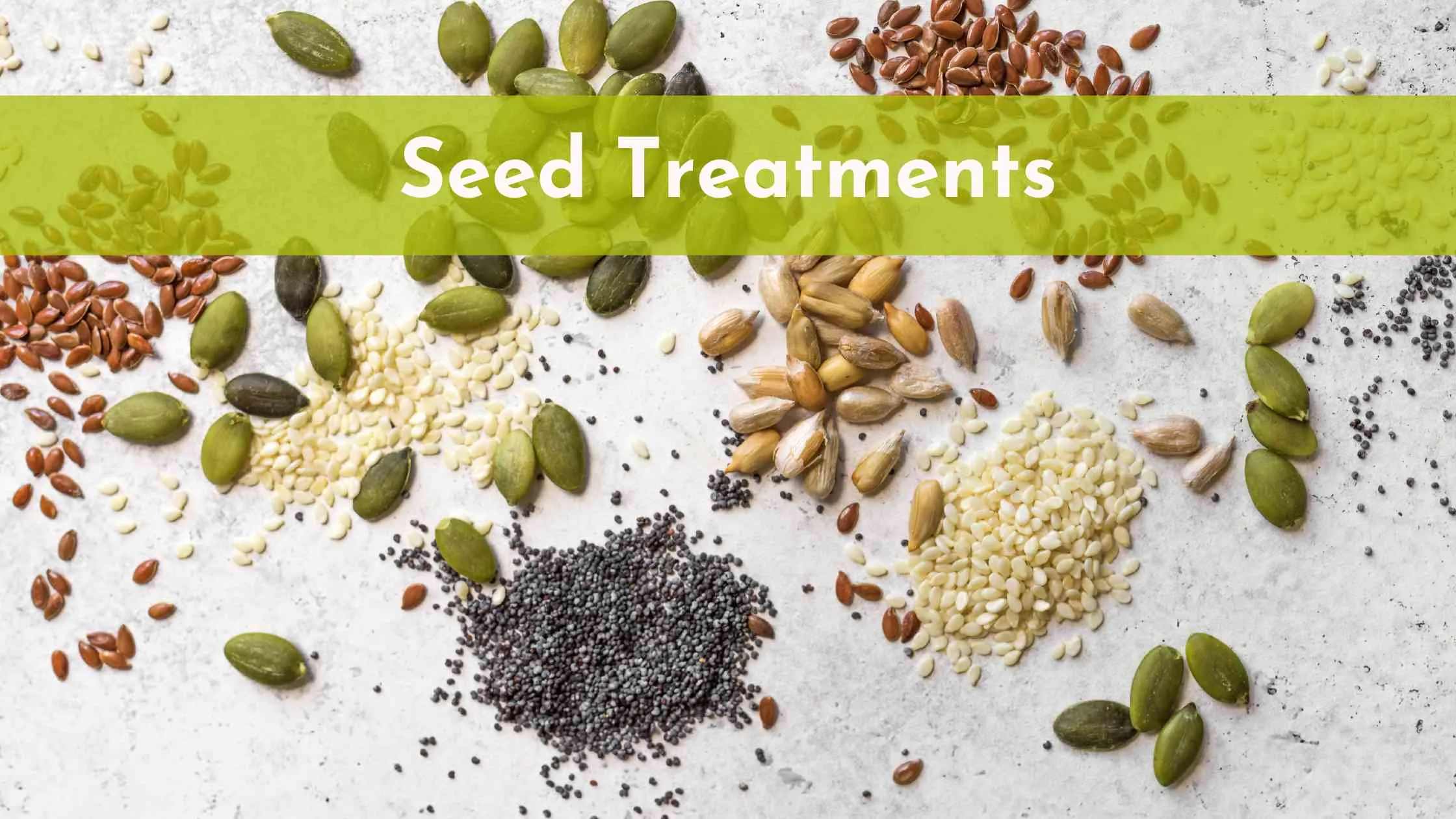
This blog post delves into various seed treatments for fruits, vegetables, flowers, and herbs to flourish in your Ontario garden and climate.
Seed Treatments
Here are some of the most common seed treatments for a bountiful harvest:
Pre-soaking
Pre-soaking is like giving your seeds a "wake-up call." This involves soaking seeds in water for several hours or overnight, which helps soften the seed coat and hastens germination.
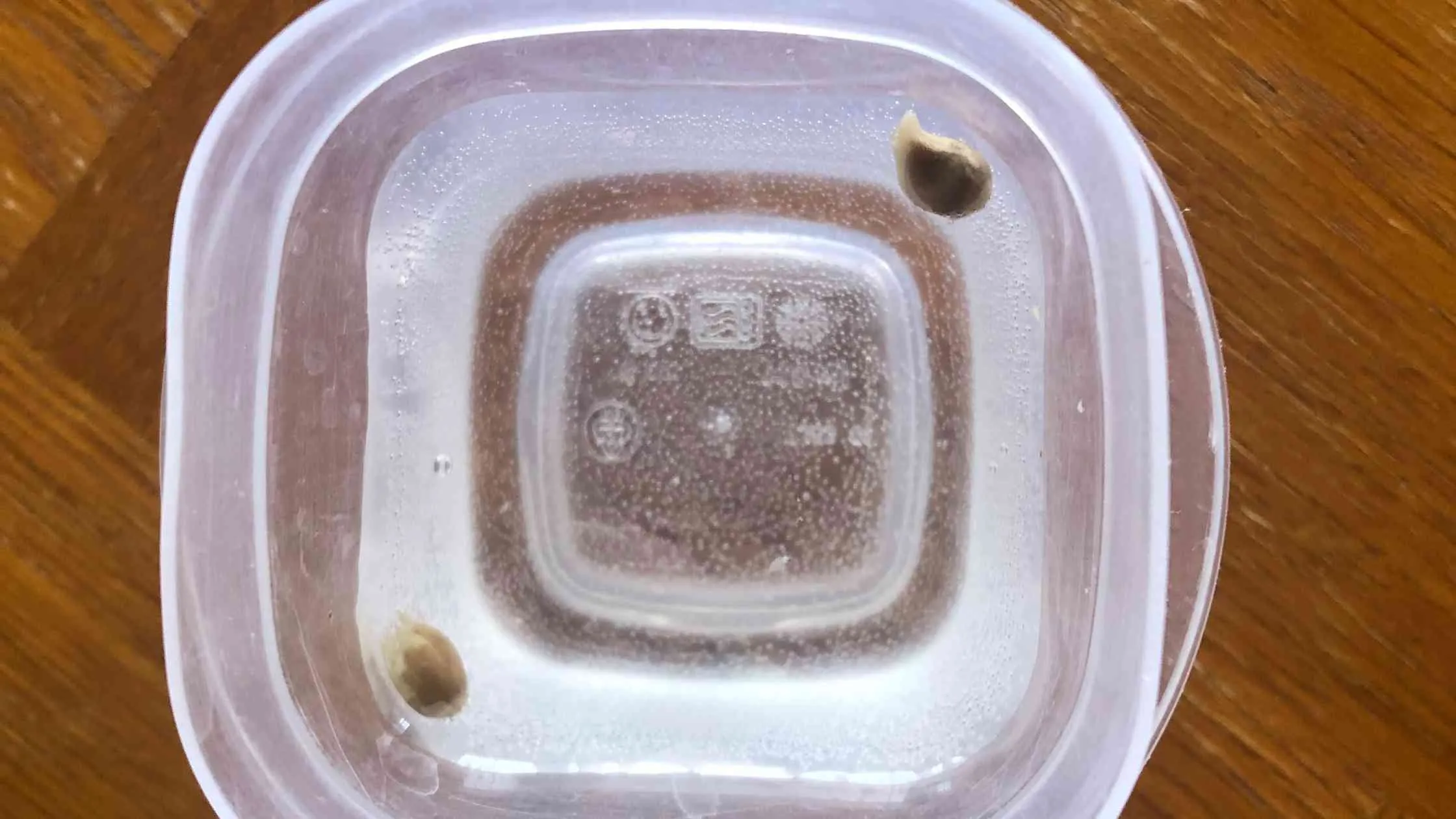
For Ontario gardeners, beans and peas stand out as prime candidates for pre-soaking. These seeds, with their relatively larger size, benefit significantly from pre-soaking, leading to a quicker and more uniform sprouting process, ensuring these staples of the Ontario garden get off to a robust start.
Scarification
Scarification is a way to breach the tough exterior of some seeds. This process involves gently scratching or nicking the seed coat to allow moisture and air to penetrate more easily, promoting germination.
Morning Glory and the hearty asparagus are perfect examples of seeds that need scarification. Morning Glory, with its vibrant blooms, can add a splash of color to any garden, while asparagus, a perennial favorite, requires a bit of patience and care but rewards gardeners with bountiful harvests for years to come.
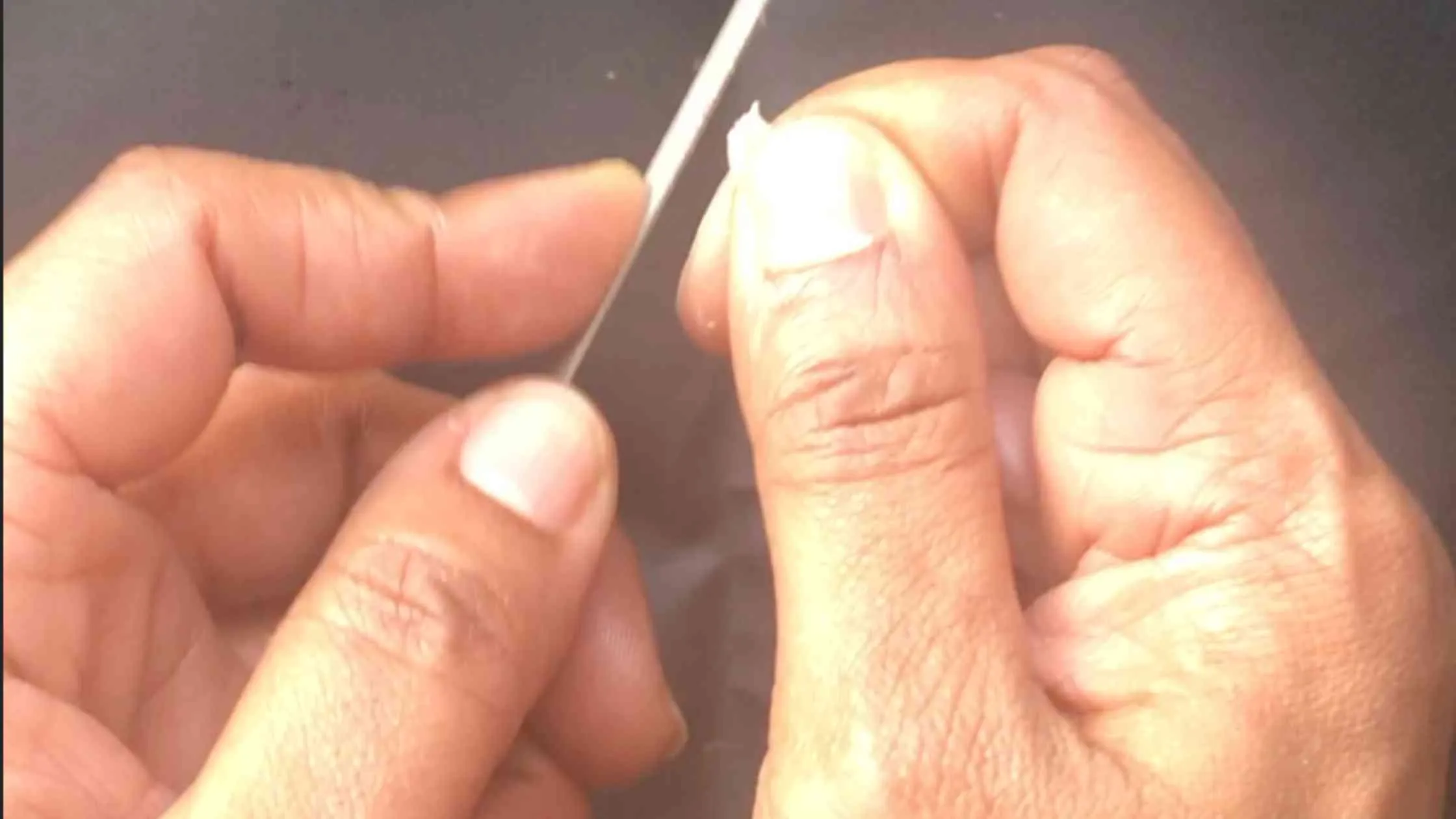
Scarification can seem like a meticulous task, but the results are well worth the effort, especially when you witness the sprouting of these delightful plants in your garden.
Stratification
Stratification is a seed treatment that mimics the natural cold and moist conditions some seeds would experience over winter, breaking their dormancy and promoting spring germination. This method is particularly useful for certain native and perennial species that are accustomed to the cold winters of Southern Ontario.
A prime example is the milkweed plant, essential for the monarch butterflies and admired for its vibrant flowers and beneficial ecological role. By mixing milkweed seeds with moist sand and refrigerating them for several weeks, gardeners can mimic the natural cycles, encouraging successful germination come spring. Another example is lavender.
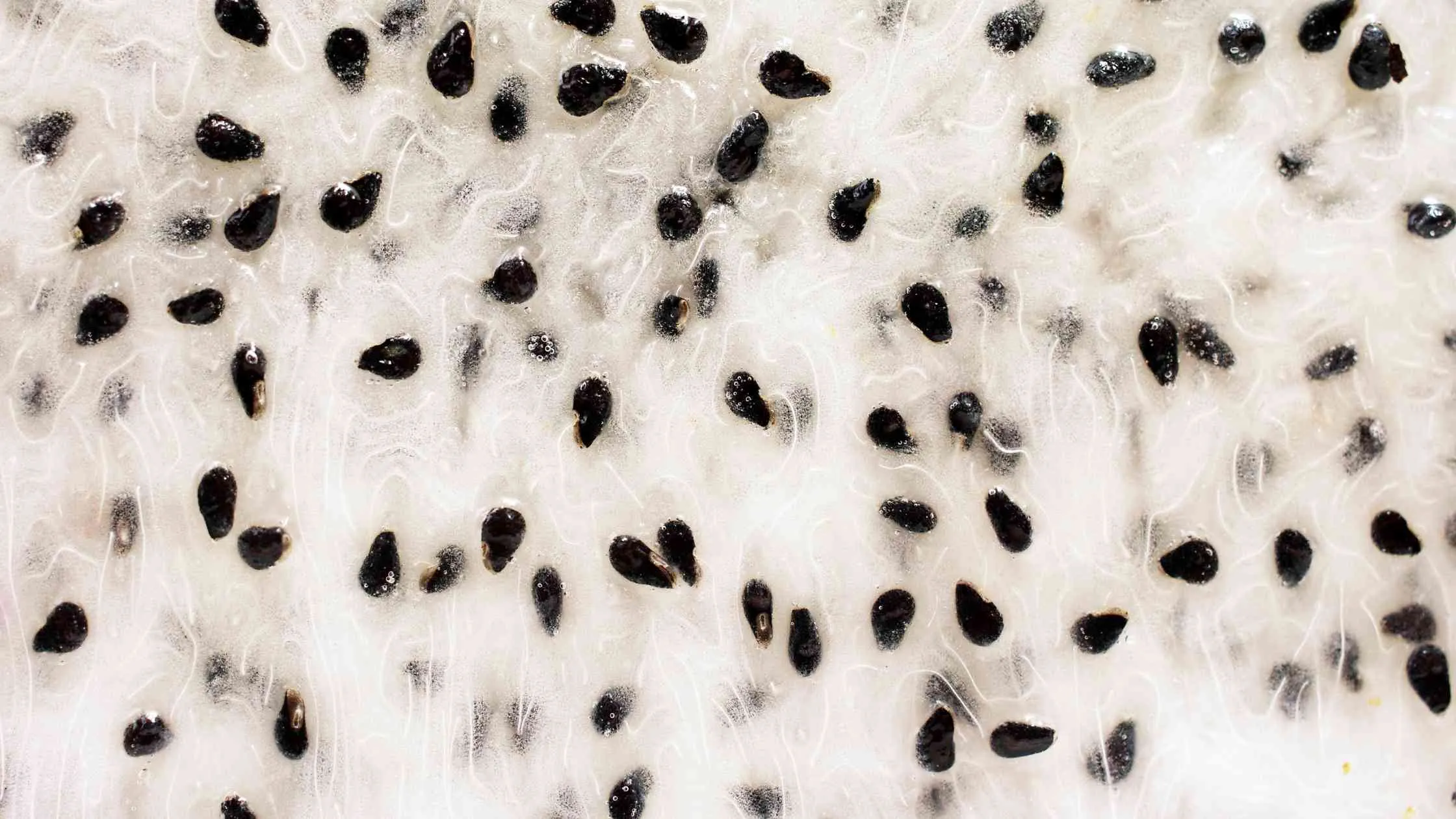
This process not only aids in conservation efforts but also adds an aesthetic and functional element to gardens, attracting pollinators and supporting biodiversity.
Priming
Priming involves hydrating seeds to the point just before germination and then drying them again, a process that can lead to quicker and more uniform sprouting once planted. This technique is particularly beneficial for seeds that have variable germination rates or require longer germination periods.
In the context of Southern Ontario's gardens, lettuce seeds are ideal candidates for priming. Given the region's varying spring temperatures, primed lettuce seeds can offer a more predictable and efficient germination process, ensuring that gardeners can enjoy a steady and manageable harvest of fresh, crisp lettuce throughout the growing season.
Inoculation
Inoculation is a seed treatment where seeds are coated with beneficial bacteria or fungi to enhance their growth or protect them against diseases. This method is particularly beneficial for legumes, such as peas and beans, which form symbiotic relationships with Rhizobium bacteria to fix atmospheric nitrogen into a form they can use.
This natural process enriches the soil, reducing the need for synthetic fertilizers and promoting sustainable gardening practices. In Southern Ontario, inoculating your legume seeds can significantly boost their growth and yield, contributing to a more productive and eco-friendly garden.
Natural Fungicides
To protect seeds from fungal diseases, especially in the damp, cool springs of Ontario, natural fungicides can be a gardener's best friend. Treating seeds with organic substances like Cinnamon powder or chamomile tea can offer protection against common fungal threats without resorting to synthetic chemicals.
Cucumber and squash seeds, often susceptible to fungal diseases like damping-off, can greatly benefit from these natural treatments. By soaking the seeds or coating them with these natural fungicides, gardeners can ensure a healthier start for these popular vegetables, leading to a more bountiful and vibrant harvest in their gardens.
Biological Treatments
Biological treatments involve coating seeds with beneficial microorganisms to enhance nutrient uptake and protect against soil-borne diseases. This organic approach can be particularly effective for a range of plants in southern Ontario gardens.
Tomato and Pepper seeds treated with beneficial microbes such as mycorrhizal fungi can experience improved root development and resilience against stressors, leading to more robust and productive plants. These treatments embrace the principles of organic gardening, fostering a harmonious relationship with nature and promoting a healthy, sustainable garden ecosystem.
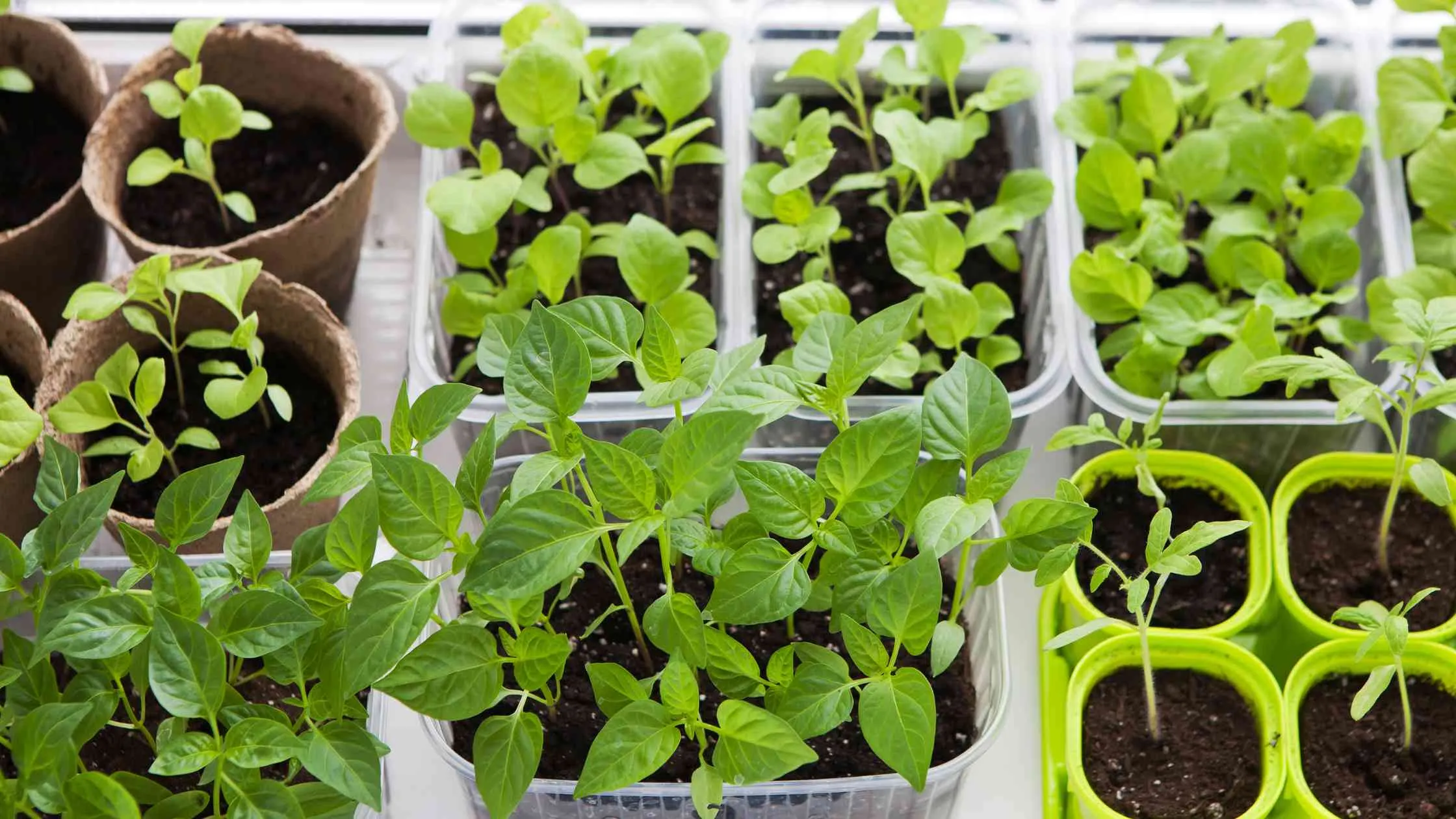
Success in Your Garden
Understanding and applying these seed treatments can significantly impact the success of your gardening endeavors in southern Ontario. By adopting methods like pre-soaking, scarification, stratification, priming, inoculation, natural fungicides, and biological treatments, you can enhance the germination, growth, and overall health of your plants. Whether you're growing vibrant flowers, hearty vegetables, aromatic herbs, or succulent fruits, these treatments can provide your plants with the best possible start.
Gardening is not just about planting seeds; it's about nurturing life and fostering growth through attentive care and sustainable practices. As you delve into the world of seed treatments, remember that each plant has its unique needs and responses to these methods. Experimentation and observation are key components of gardening, allowing you to tailor your approach to suit the specific requirements of your garden's inhabitants.
By integrating these seed treatments into your gardening practice, you'll not only enhance the vitality of your garden but also contribute to a healthier, more sustainable environment.
Ready to get your kitchen garden started? Book a time with me now.

